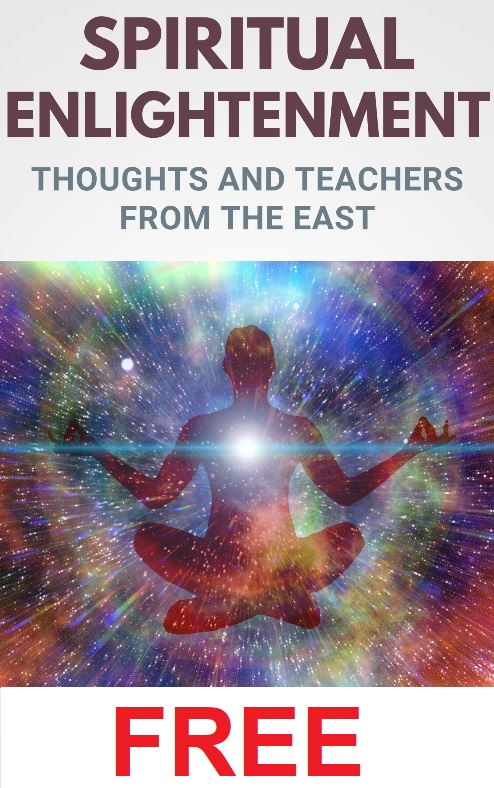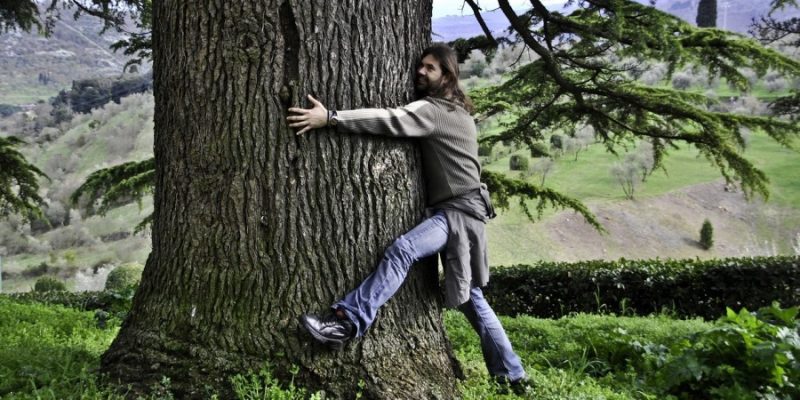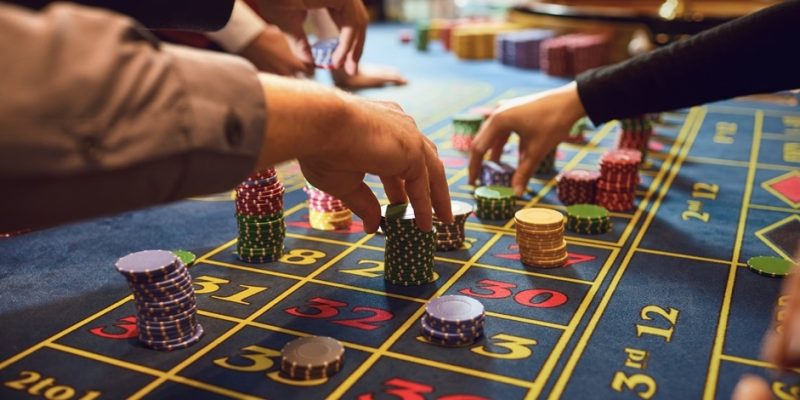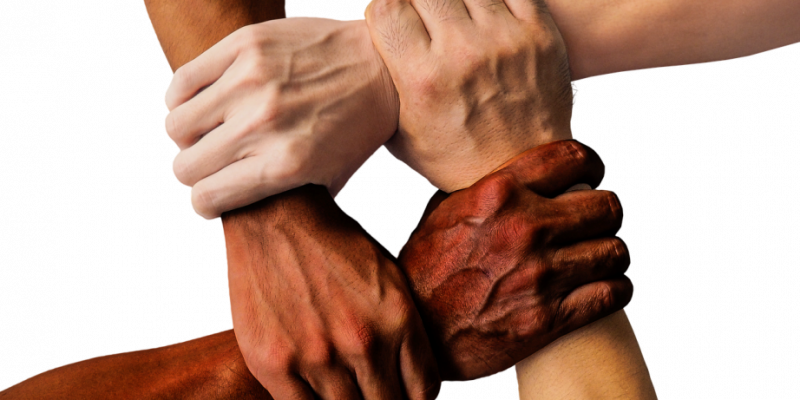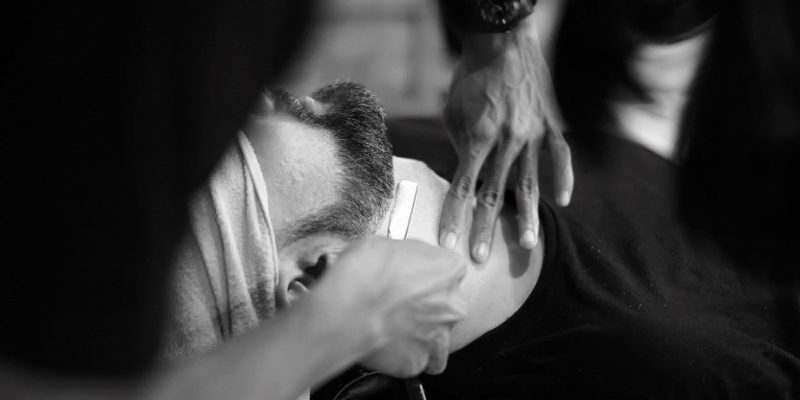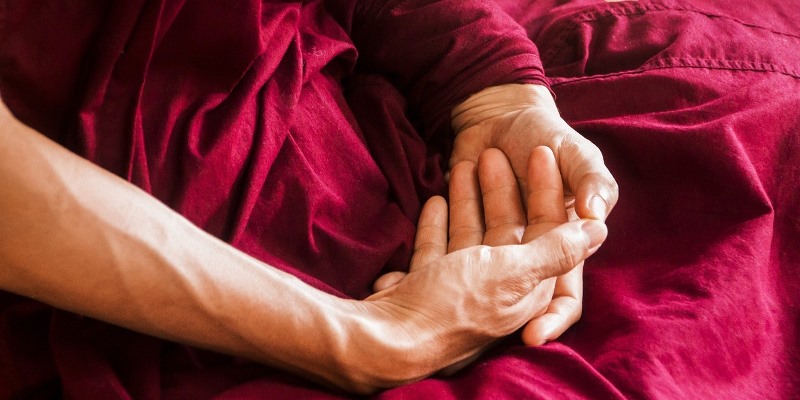
How to live your life is often considered a philosophical question — an ethical one — and in many ways that’s true. Yet, the answer to that question is basically a very practical enterprise.
It’s not only how to live your life the best way in a given society and culture — with other people — but maybe more important is the question how to live your life with yourself. How to cope with day to day phenomena like personal emotions and thoughts? How to handle your past, the present, and how to handle the future? How to cope with the certainty of death?
In our days, we love to talk about “living in the present” or “enjoying the moment,” asserting that the past and the future don’t have any reality. That only the present counts. But does that really make any difference?
Well, I doubt so. Because as long as the present is being nourished by thoughts, which is our acquired knowledge and as such — the past, the reality it brings forth will necessarily reflect that past, transforming it into an analogous future.

It means that “thinking” often hinders us to see and understand the present, because thinking is most of the time based on “what has happened,” or on “what will happen because of what has happened.”
Of course, thinking is not “a bad thing” in itself. It enables us to create images and reflections. Emotional images, mental images, pictures, and concepts. And that’s certainly for the best, as it protects us from danger in many ways. It’s an instrument of survival. It’s recorded experience, and it makes us extremely efficient beings.
But when we always approach new situations with an already made image, it prevents us seeing something fresh, something new. It prevents us to learn, and it prevents us to grow on a personal level. And as the years pass by, we become very “old,” stuck and rigid.
Knowing how to live with others is on the whole not as hard as it seems. It’s an ethical thing, a moral thing, a cultural thing. It’s something we can learn. It’s rule-based.
The German philosopher Emmanuel Kant gave us a simple, but universal maxim, which could be taken as a model for the whole of humanity: “Don’t do to others, what you don’t want others do to you.” A simple rule, but with very high moral and social implications.
But “how to live with yourself” is from an entirely other order. It’s not an ethical thing at all. It’s rather a practical inner attitude. An attitude which should bring us peace of mind. It’s a continuous inner exploration of that what makes us suffer. Of being aware of the things that hold us back and make us unhappy.
And after that, in the process of recognition, acknowledgement, and awareness — having the courage to let go accordingly.
Receive occasional news about our new eBook and Video Workshop publications.


